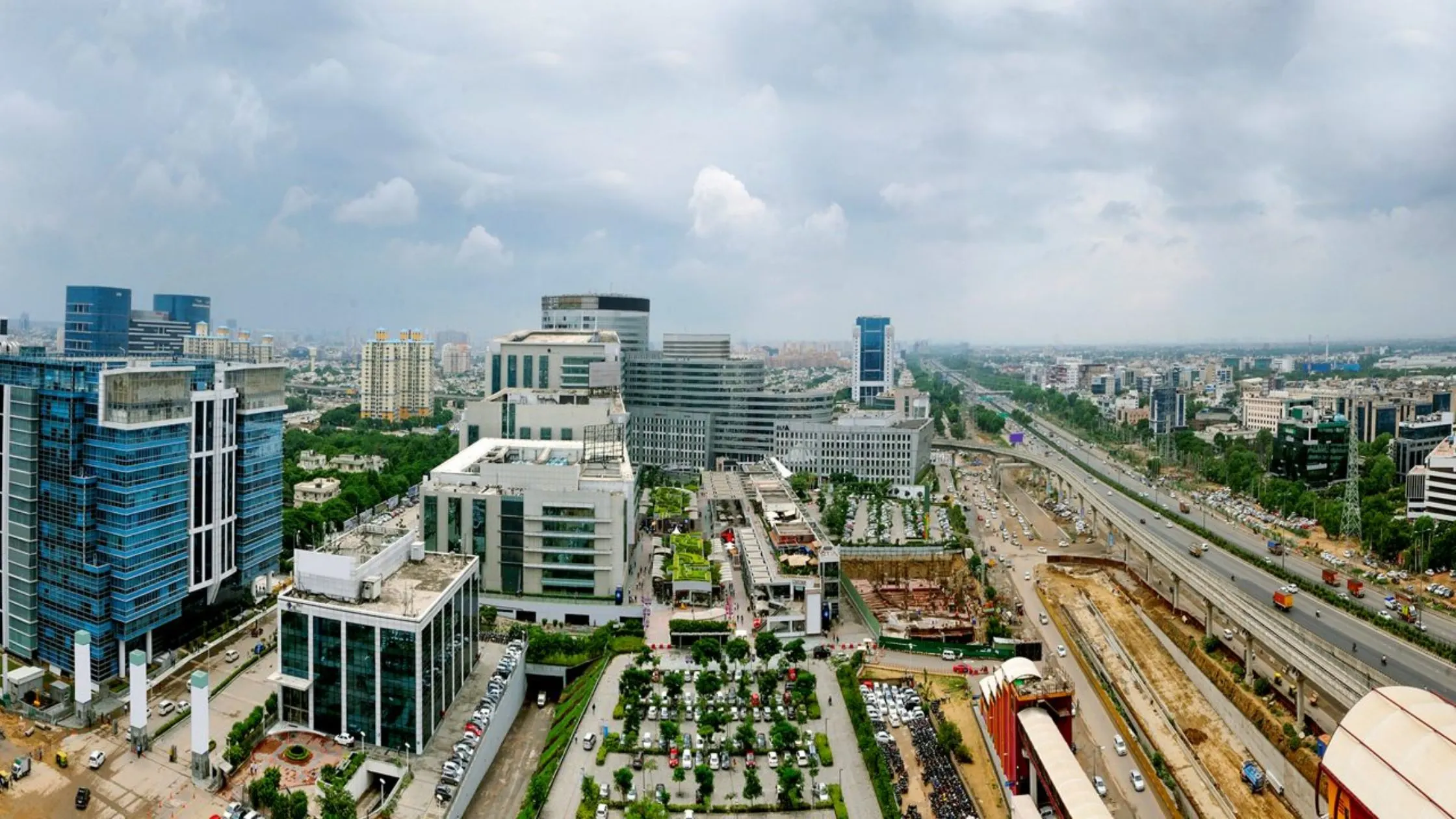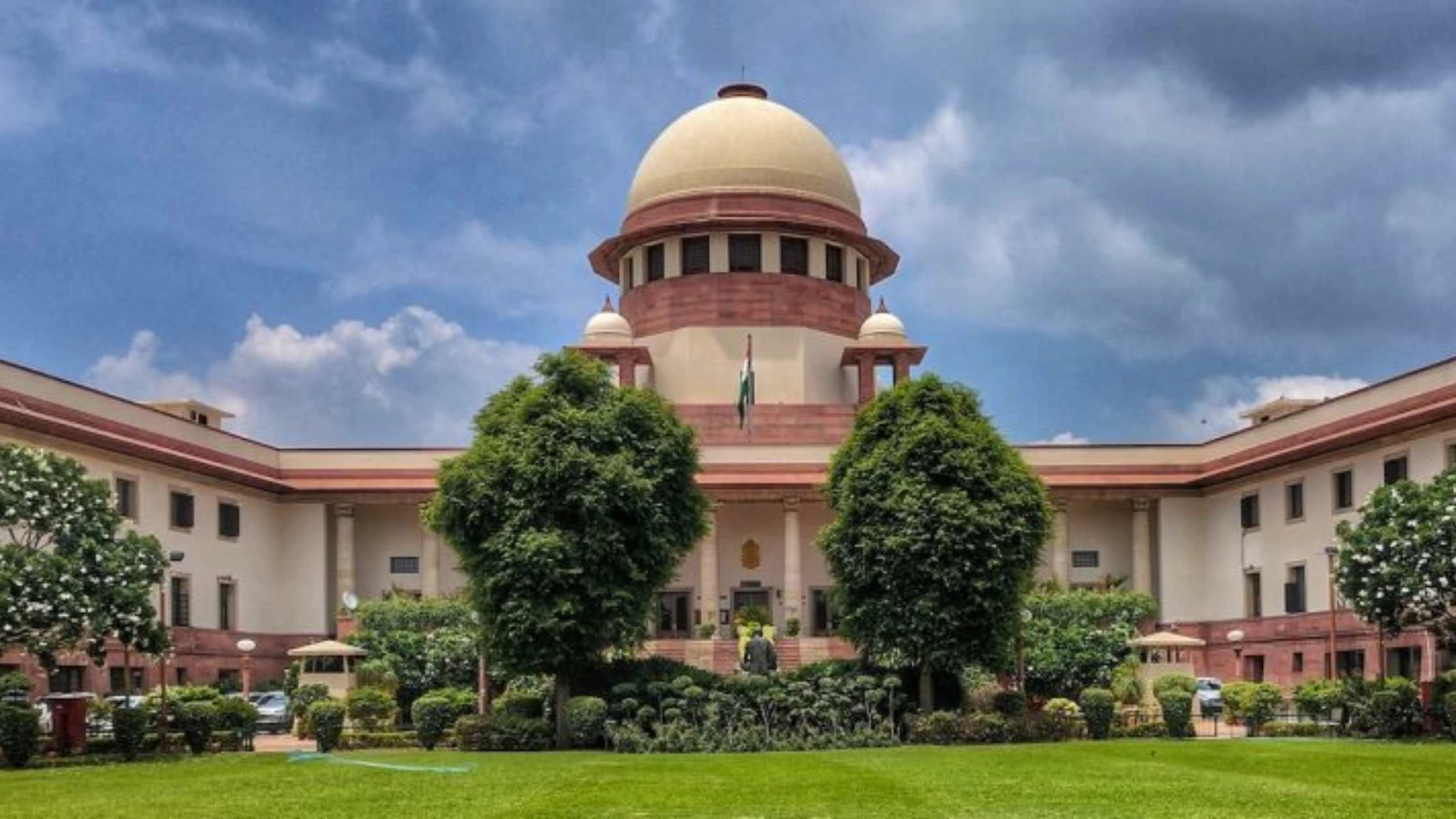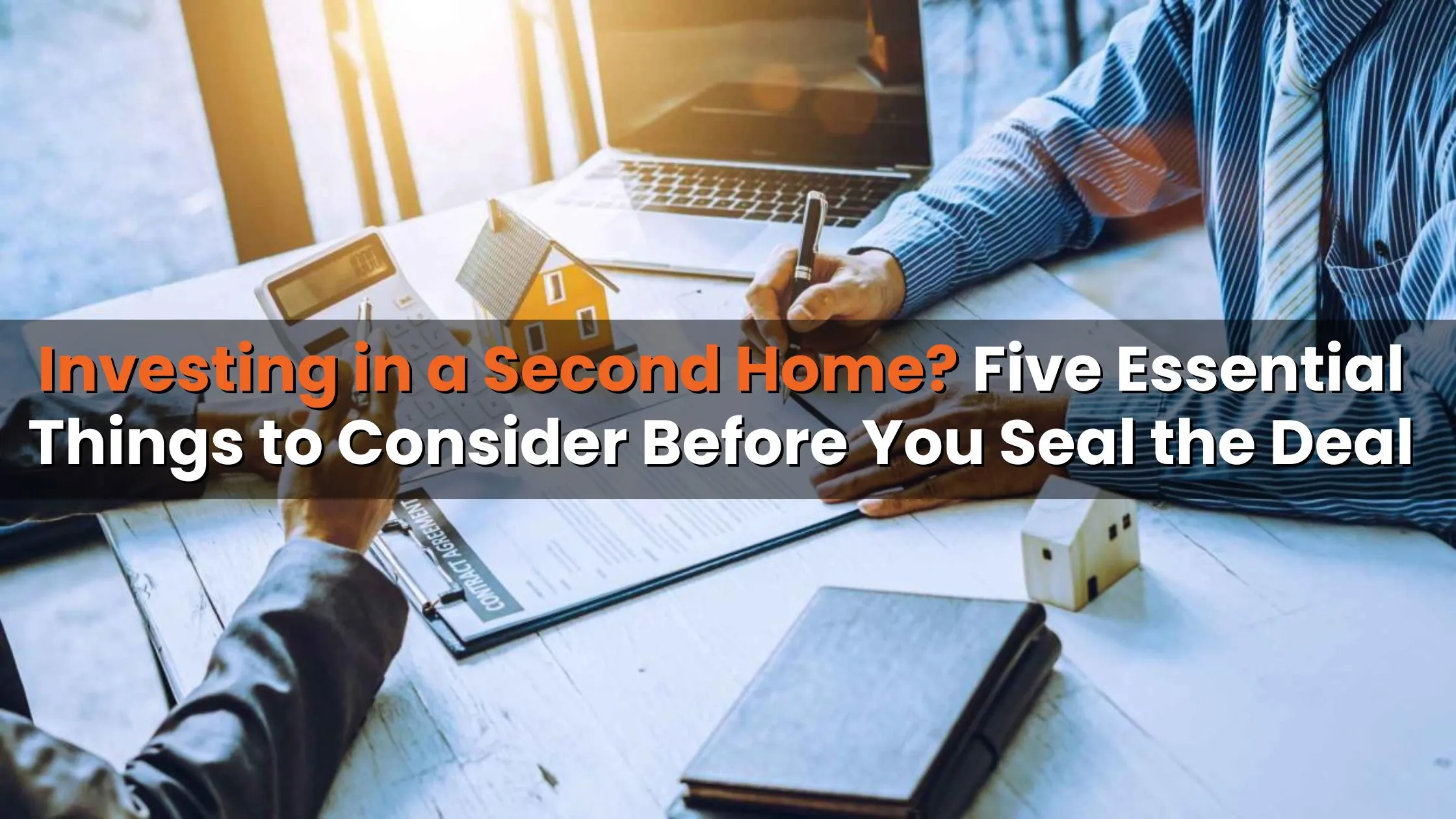Table of Content
▲
Turning 30 often brings more than just birthday wishes it triggers questions about settling down, especially buying your first home. One Redditor’s recent post has brought this topic into sharp focus, igniting an online debate about whether buying property in your early 30s is a wise investment move or a premature financial commitment.
With ₹34 lakh in savings and a ₹5 lakh PPF corpus, the 32-year-old user shared his predicament: Should he use his funds and take on a home loan to buy a ₹60–70 lakh apartment in the outskirts of Bengaluru or Mysuru a decision driven largely by family expectations, especially his father’s?
Let’s explore both sides of this dilemma, with expert insights and practical tips to help young buyers make an informed decision.
The Reddit Post That Sparked the Discussion
The Redditor explained that his father was eager to buy a property not with his own money, but using his son’s savings and by taking a home loan in the son’s name. “He’s already looking at locations and doesn’t want to discuss it,” the post read. The user admitted to feeling unsure, noting the long-term financial obligations and questionable returns of such a move.
This is a sentiment shared by many young professionals being caught between cultural expectations and personal financial logic.
Also Read: Tier 2 Cities Ease EMI Burden with Affordable Housing, Unlike Costly Metro Markets
Pros and Cons of Buying Property in Your Early 30s
Like any investment, buying property in your early 30s comes with both advantages and risks.
Benefits:
- Asset Creation Early On: The sooner you buy, the more time your property has to appreciate.
- Tax Deductions: Home loans provide tax relief under Sections 80C and 24(b).
- Sense of Stability: Emotionally, homeownership can bring a sense of security.
Drawbacks:
- Limited Career Mobility: Owning a home can anchor you geographically, making job relocations difficult.
- High Upfront and Ongoing Costs: EMIs, registration, maintenance, property tax, and interiors can eat into returns.
- Lower Liquidity: Unlike mutual funds or fixed deposits, you can’t access cash easily if you need funds urgently.
The True Cost of Real Estate Investment
Many first-time buyers underestimate the actual expenses involved. Even if your home appreciates by 8–10% annually, once you subtract costs like EMI interest, stamp duty, brokerage, legal charges, maintenance, and furnishing, the real returns might dip closer to 5–6%.
In comparison, mutual funds or hybrid investments offer similar returns with better liquidity and less stress, something the Redditor rightly pointed out.
What Do Financial Experts Say?
Suresh Sadagopan, a certified financial planner, advises caution. “In your early 30s, flexibility is important. You might still be switching jobs, cities, or even countries. Committing to a long-term home loan without clarity on whether you’ll live in the property can create financial strain,” he says.
Instead, he suggests holding off till your late 30s or early 40s, when you typically have more savings, job stability, and a clearer sense of your lifestyle needs. At that stage, you can fund a significant portion of the purchase from savings and take a smaller loan, reducing the long-term burden.
When Buying Property in Your Early 30s Makes Sense
That said, buying property in your early 30s isn’t always a bad move. It can be a smart investment if:
- You plan to live in the property for at least 5–7 years.
- The location has high growth potential and strong connectivity.
- You have an emergency fund in place and low existing debt.
- The property has rental income potential if you relocate.
In such cases, you’re not just locking your money away, you’re building equity, saving on rent, and potentially creating a passive income stream.
Also Read: Coimbatore Leads as Tier 2 Cities Drive Record Land Deals in H1 2025
Tips for First-Time Buyers in Their 30s
If you’re seriously considering homeownership, keep the following in mind:
- Avoid Emotional Pressure: Whether it’s parents or peers, don’t let others rush your timeline.
- Don’t Overstretch on EMIs: Try to keep your monthly home loan EMI below 30–35% of your take-home pay.
- Delay Non-Essential Expenses: Don’t spend lakhs on interiors right away. Furnish gradually.
- Prioritise Location: A cheaper home far from the city may not be worth the commute.
- Do Your Math: Compare your real estate investment’s return (post-costs) with mutual funds or FDs.
Conclusion
So, is buying property in your early 30s a smart investment move? The answer lies in your personal situation.
If you’re financially stable, emotionally ready, and have a clear plan for the property, it can be a great long-term decision. But if your career is still evolving or you’re not sure about settling down in one city, it may be wiser to wait and invest your money elsewhere for now.
Ultimately, buying a home is a major milestone, but it should be on your terms, not someone else’s timeline.
Follow AquireAcers Whatsapp Channel to Stay Updated With The Latest Real Estate News

_1752219110.webp)







Ans 1. It depends on your financial goals. Mutual funds offer liquidity and moderate returns with less upfront cost. Real estate can build long-term equity but comes with higher initial expenses and lower liquidity. Evaluate based on your income, stability, and future plans.
Ans 2. Financial advisors recommend keeping your EMI below 30–35% of your monthly take-home salary. Stretching beyond that can affect your ability to save, invest, or manage emergencies.
Ans 3. No, unless the property has strong rental potential. Otherwise, it may sit vacant or burden you with property management hassles. Consider buying only if you plan to stay put for at least 5–7 years.
Ans 4. Only if: The area has good infrastructure plans It’s well-connected to job hubs You’re okay with a longer commute or plan to rent it out Buying too far out can limit resale value and appreciation in the short term.
Ans 5. Stick to a budget, calculate long-term costs (loan interest, registration, interiors), and have a clear purpose for the purchase (self-use vs. investment). It’s your money you should feel confident, not coerced.
Ans 6. Renting gives you flexibility; buying builds assets. If your career is mobile and you aren’t sure where you’ll settle, renting may be smarter. Buy only when you’re ready to commit financially and geographically.
Ans 7. Yes, if the location has growth potential, and you can hold the property for 10+ years. Early purchase also lets you build creditworthiness and finish your home loan by your late 40s.
Ans 8. Ideally, 6–12 months of expenses, including EMI. This cushion helps in case of job loss, illness, or other financial disruptions.